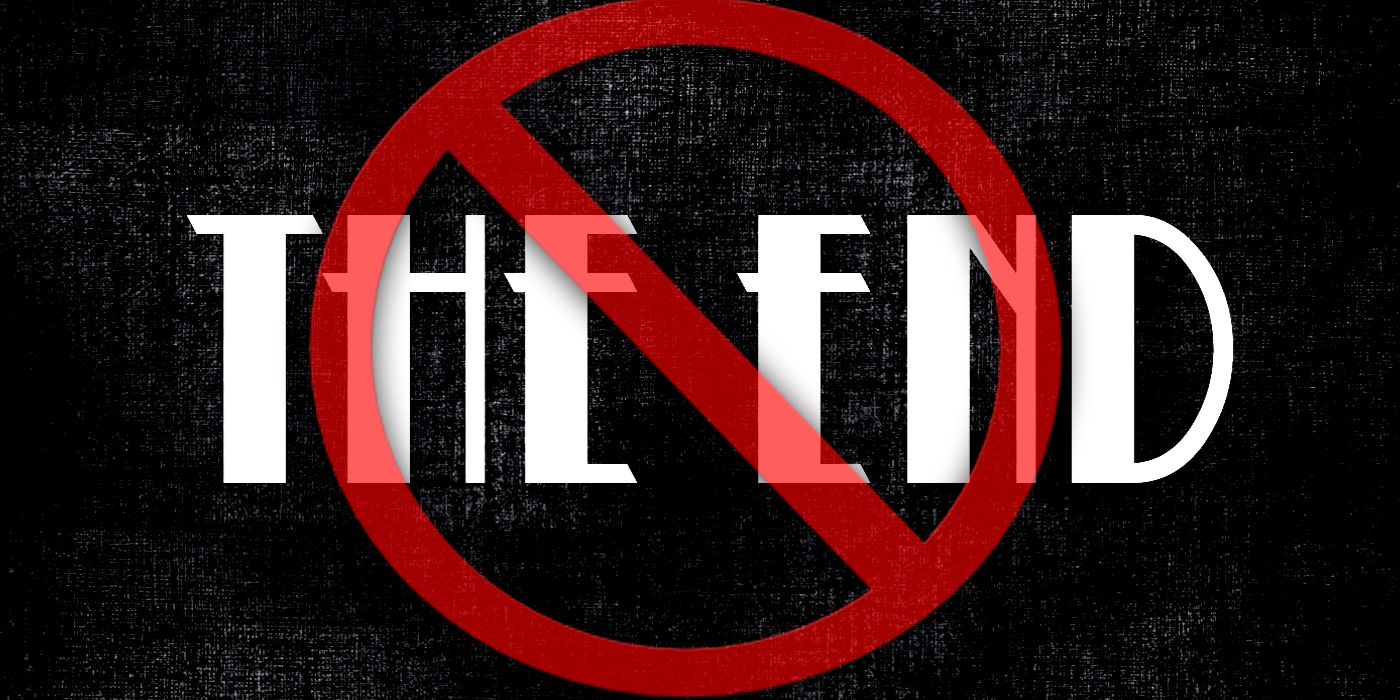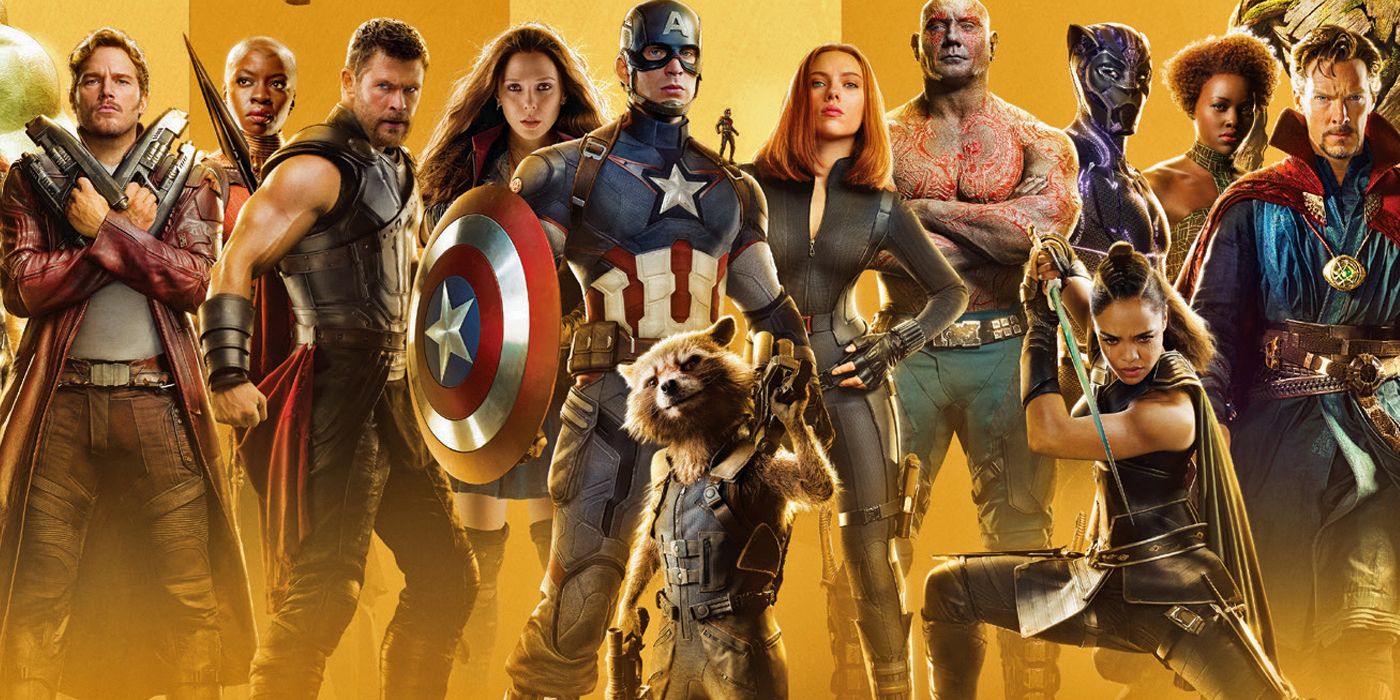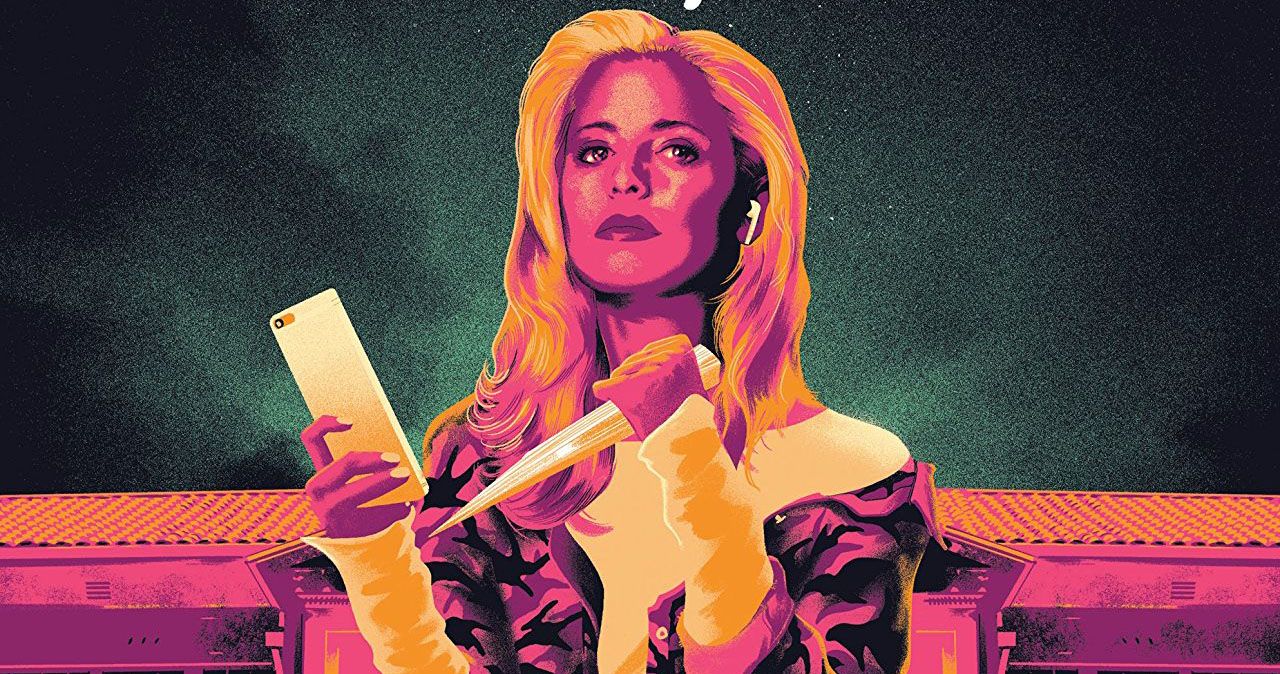In 2019, we'll be bidding farewell to some of the biggest names in movies and TV. Game of Thrones, the Star Wars sequel trilogy, the MCU as we currently know it and The Big Bang Theory are among the soon-to-be-departed series that will be releasing their final installments on the big or small screen; properties that have dominated pop culture for the past decade. As io9 has dubbed it, "2019 is the year of the pop culture finale." But this title should come with a disclaimer. Thanks to a steady stream of spinoffs, prequels and reboots currently in various stages of development, these will be rather soft endings. While we'll be saying goodbye to some familiar faces and long-running storylines, the door to the worlds they come from won't be closing for good.
For those who aren't keen on leaving the fictional sanctuary of places like Westeros or the MCU just yet, this knowledge is assuring. There's obviously a financial incentive for companies to keep churning out new entries for profitable franchises, one that wouldn't be there in the first place if consumers didn't keep coming back for more. But as much it pains us to see the credits roll after the final moments of a series close to our hearts, if done right, that pain is undercut by the satisfaction of seeing something through to its end.
RELATED: New Game of Thrones Final Season Teaser, Premiere Date Revealed
A well-done finale offers either cathartic resolution or, if you're Christopher Nolan's Inception, leaves us trying to unpack what it all means for years to come. As a grim-faced Tony Stark reminds us in the first Avengers: Endgame trailer, "part of the journey is the end."
Of course, Endgame -- despite the finality of its title -- won't be the end of the Marvel Cinematic Universe, merely the end of its "Phase Three." The never-ending story method has driven superhero comics, for better or worse, since the genre began, but with the exception of daytime soap operas and certain anime franchises, TV and movies have only recently started following suit. On the plus side: a lifelong captive audience and the opportunity for continual re-appropriation and rebirth. On the downside: story arcs that are more filler than killer and a canon with multiple endpoints, but none definitively the end.
As much as we enjoy having more of something, we also treasure things for their finiteness. That's why announcements of continuations for neatly wrapped-up trilogies, like Toy Story, set alarm bells off. Fear of something so perfectly formed from start to finish being "ruined" by an unnecessary addition -- at any point in its chronology -- usually far outweighs our desire to spend more time in that world.
Peter Jackson's bloated The Hobbit trilogy meant that The Lord of Rings movie saga ended with a whimper rather than a bang, and J.K Rowling's Fantastic Beasts series is pulling Harry Potter continuity apart at the seams. Prequels, spinoffs and unplanned sequels used to be more rarefied. Now they are almost expected, whether their source material allows for them or not, with the demand feeling more like it's driven by their continued viability as revenue streams rather than creative necessity. (Though both may well be true in Rowling's case.)
RELATED: Fantastic Beasts 2 Doesn't Do Dumbledore Justice
Sometimes, added content does hold salt. Better Call Saul is considered by a significant portion of the fanbase to be superior to Breaking Bad; Hannibal provides a wickedly good origin story for the eponymous cannibal, and Rogue One: A Star Wars Story was surprisingly compelling for its tiny and well-trodden place in Star Wars continuity. Cross-media continuations on a smaller scale, such as comic books, can also be worthwhile follow-ups.
Buffy The Vampire Slayer, Smallville, Avatar: The Last Airbender and many more have lived on in print form, a dramatic enough medium-swap to allow fans a point of separation between the concluded source material and extra material depending on whether they want to continue with the story or not. Star Wars' Extended Universe has been excelling at this for decades: a movie-verse for the masses and an optional wealth of bonus content across multiple platforms for those who want to dig deeper into the galaxy's lore.
Unfortunately, Disney's attempt to merge the two hasn't been as successful as hoped, proving that the good examples of larger scale prequels and spinoffs we have are exceptions to the rule rather than the prevailing norm. More often than not, these elongated lifespans feel like they're robbing us of the most important part of any story: the end.
RELATED: REPORT: Disney, Lucasfilm Put Future Star Wars Spinoff Film Plans On Hold
Even small things like the urge we feel to skip to the last page in a book or tune-in to a series finale for a show we stopped watching demonstrate our craving for closure. In fiction, endings provide authors with an opportunity to give meaning to everything that came before, which -- let's be morbidly honest -- is something we all hope our lives will have when we reach our own inevitable end.
The longer something lingers on, even as a new beginning or out-of-order insert, the higher the risk it runs of damaging the integrity of its original conclusion. Hungering for more of something we love is natural, but once it's gone past its use-by date, it might not be all that healthy for us to consume.



